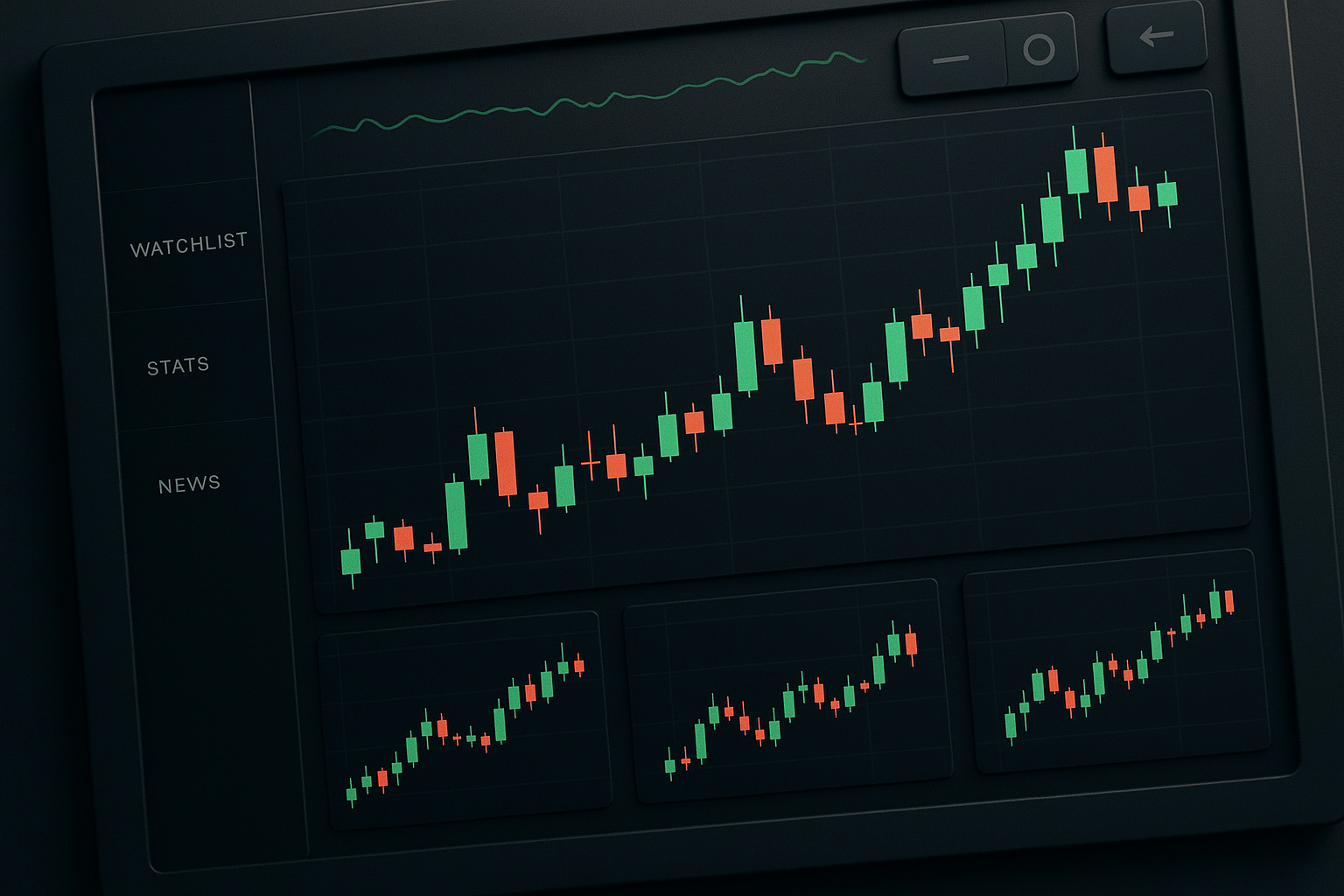
Success in the financial markets demands more than just a foundational understanding of trading concepts. As traders progress from basic skills to seeking real outperformance, the quality and depth of their education become crucial. For those ready to move beyond the basics, intermediate trading courses can be the catalyst for serious growth, offering advanced techniques, strategic mentorship, and a high-caliber community. This article breaks down the six essential features that distinguish the best intermediate stock trading courses, equipping you with the information needed to make a strategic investment in your trading future.
One of the hallmarks of an exceptional intermediate trading course is the breadth and depth of its curriculum. At this level, traders no longer need to be walked through basic candlestick patterns or order types. Instead, they seek to master nuanced technical analysis, advanced charting techniques, and the integration of fundamental data into actionable trading decisions. "Intermediate trading courses are designed for traders who already have a basic understanding of the market and are ready to refine their trading strategies and improve profitability." This means a truly effective program should dive deep into:
As cited, "The Liberated Stock Trader Pro Training Course offers a comprehensive curriculum covering technical and fundamental analysis, investment strategies, and practical trading lessons." The best courses go beyond static lectures—they integrate case studies and real-market simulations, ensuring that students understand not only what to do, but why and when to do it. By combining technical prowess with an understanding of market drivers, intermediate traders build a foundation for consistent, repeatable success.
While early-stage traders focus on entries and exits, those seeking to become consistently profitable realize that survival and long-term growth hinge on two pillars: risk management and trading psychology. The best intermediate stock trading courses prioritize these elements, providing actionable frameworks and practical guidance for mastering both.
As referenced: "The MOSES Investing Training Course is designed to teach investors how to invest safely and minimize risk while maximizing profits." The best courses deconstruct the myth of the fearless trader and instead cultivate a culture of thoughtful risk-taking, acceptance of losses, and continuous review. This focus is critical for intermediate traders who may have experienced early success but struggle with performance consistency due to lapses in discipline or risk controls. By internalizing these lessons, traders shift their mindset from short-term gains to long-term capital preservation and growth.
No matter how robust a curriculum may be, nothing accelerates learning like direct access to seasoned professionals. The top intermediate trading courses provide structured mentorship, allowing traders to interact with experts who have navigated the ups and downs of real markets. This mentorship component is indispensable for several reasons:
"Investors Underground provides access to mentors, including the founder, and features a large and active chat room for community engagement." At Market Masters, mentorship is a core pillar—participants benefit from live Q&A sessions, trade recaps, and the opportunity to have their own trades reviewed in a collaborative setting. This feedback loop is instrumental in helping intermediate traders break through plateaus and accelerate their progression towards advanced proficiency.
Passive learning has its limits, especially in the dynamic world of trading. To truly engrain new skills and sharpen instincts, intermediate traders need interactive experiences that mirror real-world conditions. The best courses are built around:
Referring to the industry standard, "Intermediate trading courses often include live trading sessions and case studies to help traders apply learned concepts in real-time market conditions." This experiential approach is a cornerstone at https://marketmasters.chat, where live educational sessions and hands-on assignments promote active engagement and skill retention. By moving from passive theory to active repetition, traders develop the confidence and competence to execute under pressure.
Trading can be a solitary pursuit, but the best intermediate courses transform it into a collaborative journey. A strong, engaged community empowers traders to share ideas, challenge each other, and celebrate progress in a supportive environment. The most effective learning platforms offer:
As highlighted, "Investors Underground provides access to mentors, including the founder, and features a large and active chat room for community engagement." At Market Masters, a carefully curated community ensures that every interaction adds value—noise is minimized, and serious traders can connect with like-minded peers who are equally committed to continuous improvement. Networking in such an environment accelerates learning, provides emotional support, and expands professional horizons.
Ultimately, the goal of every intermediate trader is to transition from following generic setups to executing a personalized, repeatable trading plan. The best courses facilitate this evolution by:
"Intermediate trading courses are designed for traders who already have a basic understanding of the market and are ready to refine their trading strategies and improve profitability." By the end of a truly great course, students are not just mimicking instructors—they are operating as independent, disciplined traders with a clear edge. This is the essence of the Market Masters approach: actionable, personalized education that enables traders to outperform in any market environment.
In summary, the best intermediate stock trading courses are defined by their advanced curriculum, a relentless focus on risk and psychology, access to expert mentors, interactive learning, strong community engagement, and the drive to develop personalized, profitable strategies. For traders committed to continuous improvement and seeking outperformance, investing in such a program is a step towards mastering the markets on your own terms.